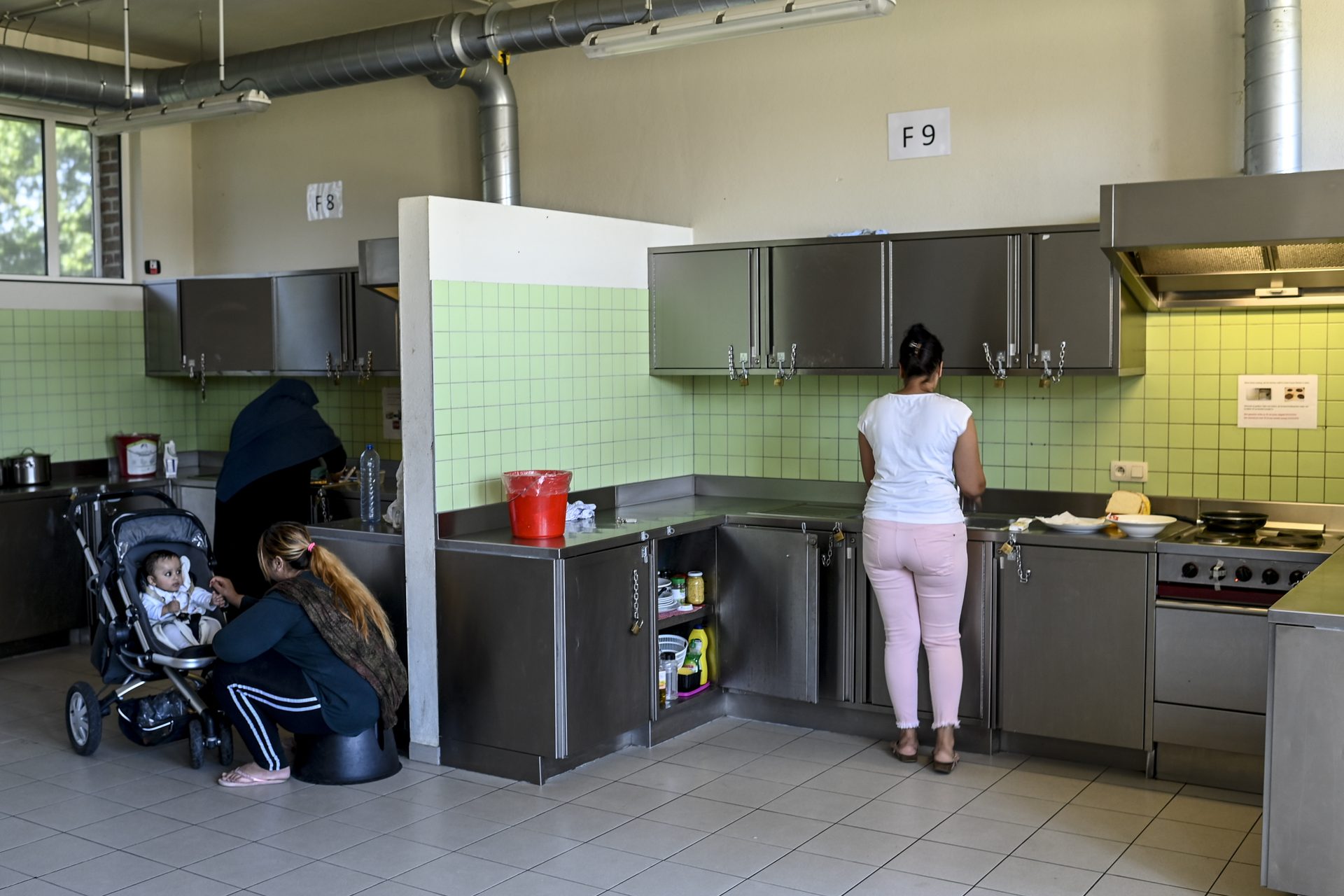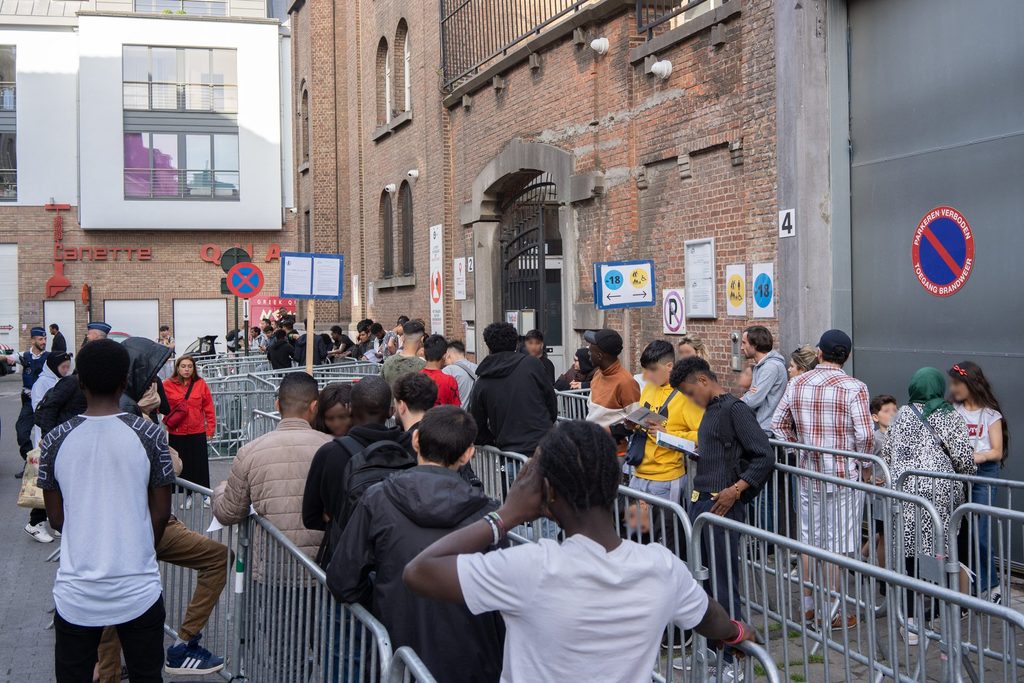There is a large divide in the number of asylum seekers received by the various regional governments, with Flanders lagging far behind in its duties.
Flanders' reluctance to help manage the asylum reception crisis in Belgium is nothing new. It has repeatedly opposed the opening of new centres on its territory and worked to close existing centres.
Despite several calls from Secretary of State for Asylum and Migration Nicole de Moor, who finds herself at the start of what is predicted to be another difficult period in which a large number of asylum seekers entitled to shelter will likely not receive a place, to equally disperse the number of places, there is a clear unbalance.
In total, 500 of Belgium’s 581 municipalities currently take in asylum seekers, but Wallonia and Brussels receive more asylum seekers than Flanders in proportion to their population, de Moor confirmed on Wednesday in the Chamber’s Interior Committee, answering a question from Simon Moutquin (French-speaking Green party Ecolo).
Far-right arguments are false
According to Moutquin's calculations, Brussels receives 4.8 asylum seekers per 1,000 inhabitants and Wallonia 4.6, while Flanders provides shelter to just 1.8 asylum seekers per 1,000 inhabitants.
De Moor did not confirm this proportion but did admit that Wallonia and Brussels receive more asylum seekers. "But there are more places in Wallonia than in Flanders. We are trying to rectify the situation," she said.
However, Moutquin rebuked that de Moor confirmed that the comments made in Flanders over the past two years by the far-right that Flanders takes in more immigrants than Wallonia and Brussels, are false. He also called for transparency on the distribution of asylum seekers by every municipality.

A Fedasil shelter for asylum seekers. Credit: Belga/ Dirk Waem
This provoked a reaction from Tomas Roggeman of the right-wing N-VA party, who chimed in saying that the majority of Flemish voters are calling for the opposite – hosting less asylum seekers. "If Wallonia and Brussels want them, they should welcome them. Ecolo is trying to pursue a policy against the wishes of Flemish voters," he said.
In the past, de Moor herself has criticised Flemish politicians for halting progress in solving the reception crisis for their own political gains and to "win over voters."
De Moor was also asked about the work being done by the task force responsible for finding some 2,000 new temporary reception places. An initial meeting took place on Tuesday and the parties involved have agreed to meet again next week.

